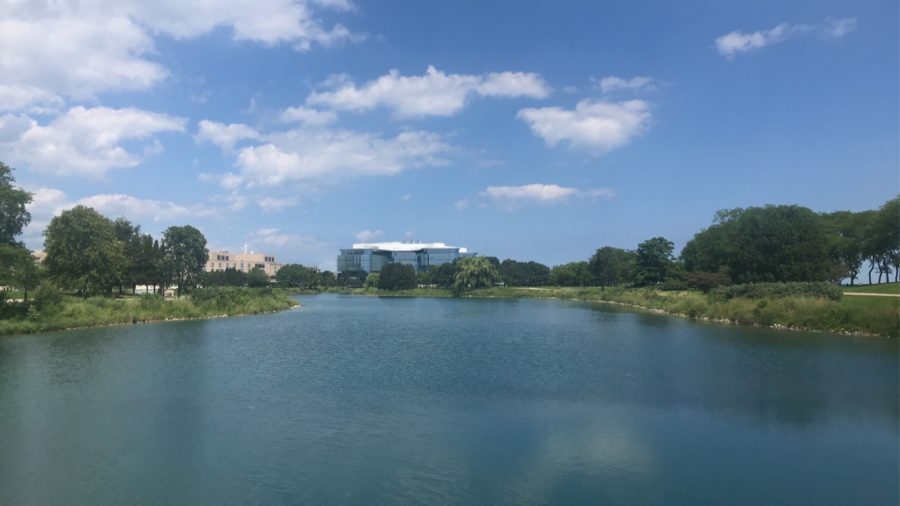Cyclone Gabrielle impacts parts of New Zealand: what students should know?
New Zealand and its surrounding areas have a history of being affected by tropical cyclones, with the country experiencing several destructive storms in recent years.
With 11 fatalities and 8 people missing, Cyclone Gabrielle has ravaged parts of New Zealand. This has prompted Prime Minister Chris Hipkins to declare a national state of emergency.
“I can’t even imagine what it must be like to go through a cyclone like Gabrielle. It’s a reminder that natural disasters can strike anywhere in the world,” said Mikail Mirza (‘23).
As a result of the cyclone, houses have been destroyed due to falling trees, roads have been obstructed due to landslides, and about 25,000 people have lost power nationwide ($8 billion in property damage). In its history, New Zealand has only declared a state of emergency two times (for the COVID-19 pandemic and for a major earthquake that wreaked havoc in 2014).
“I had no idea how uncommon it was for a nation to announce a state of emergency. The fact that they have only needed to do it three times in their history is impressive. It demonstrates how well-equipped they are to handle crises and how seriously they take their residents’ protection,” said Mirza.
In the US, hurricanes are a more frequent type of natural disaster with an average of five storms occurring each year on a national level. Cyclones and hurricanes share similar characteristics as both are tropical storms with strong winds and heavy rain. However, they are named differently due to their location. Cyclones are named in the Indian Ocean and South Pacific, while hurricanes are named in the Atlantic and Northeast Pacific.
“I don’t know what the difference is between hurricanes and cyclones, I would assume it depends on the speed of the wind,” said Keaton Lai (‘24).
International relief efforts are currently underway to provide aid to those affected by the devastation caused by the cyclone, including providing food, shelter, medical supplies, and restoring infrastructure. Efforts are currently being led by local communities with support from national governments, non-governmental organizations, and international aid agencies.
“We all need to help each other out in times of need. This same type of thing could happen in Louisiana or parts of the South and we would need all the help we could get,” said Lai.
The aftermath of Cyclone Gabrielle serves as a stark reminder of the destructive power of natural disasters and the importance of storm readiness in protecting vulnerable communities (in Pleasanton, the US, and around the world).
Your donation will support the student journalists in the AVJournalism program. Your contribution will allow us to purchase equipment and cover our annual website hosting costs.

